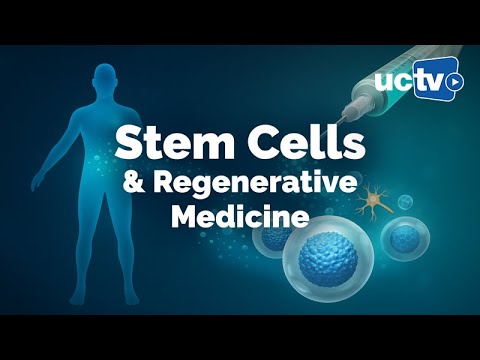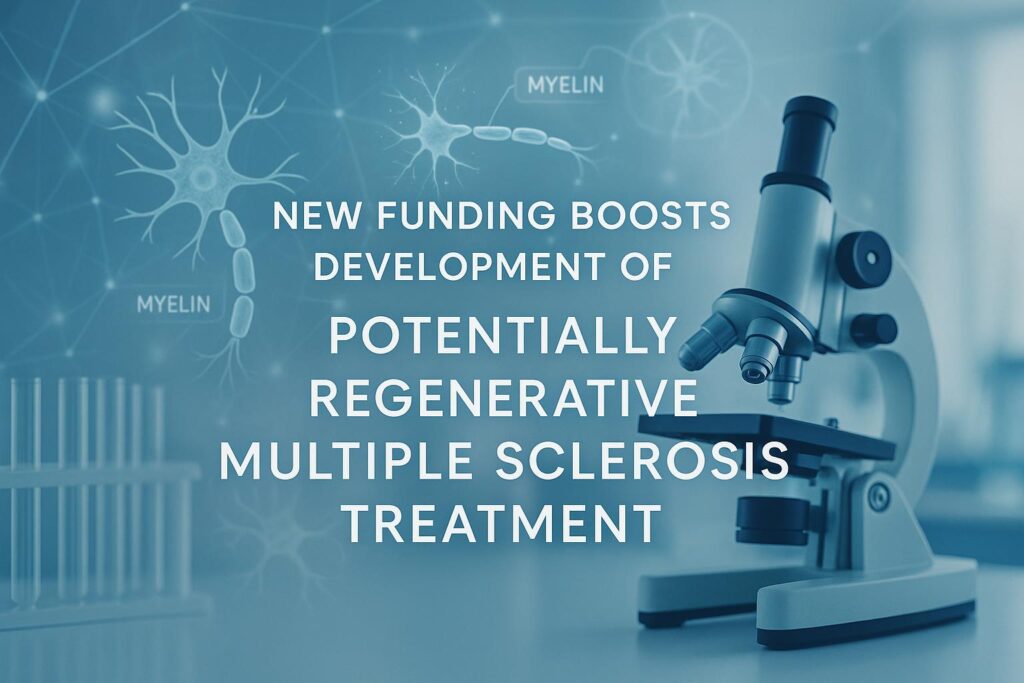Are you concerned about how your drinking habits might be affecting your body’s ability to heal and regenerate?
Do you wonder if that glass of wine or weekend cocktails could be silently damaging your cells? The relationship between alcohol and stem cells is more complex and concerning than most people realize.
Recent scientific research reveals that alcohol consumption directly impacts your body’s most important repair mechanisms. Stem cells, the master cells responsible for healing injuries, replacing damaged tissue, and maintaining organ function, suffer significant damage when exposed to alcohol and its toxic byproducts.
Understanding Stem Cells and Their Critical Role
Stem cells are your body’s natural repair system. These specialized cells possess the unique ability to develop into many different cell types, including blood cells, brain cells, heart muscle, and bone tissue. They serve as an internal repair system, dividing without limit to replenish other cells throughout your lifetime.
Your body contains several types of stem cells, each with specific functions. Hematopoietic stem cells in your bone marrow produce all blood cells. Neural stem cells in your brain generate new neurons and support brain function. Mesenchymal stem cells help repair bones, cartilage, and other connective tissues.
When functioning properly, stem cells detect damaged areas and migrate to these sites to begin repair processes. However, alcohol consumption disrupts this delicate system, leading to widespread cellular dysfunction and impaired healing capacity.
The Toxic Truth: How Alcohol Damages Stem Cells
Acetaldehyde: The Primary Culprit
When you consume alcohol, your liver breaks it down into acetaldehyde, a highly toxic compound that causes severe damage to stem cells [1]. This metabolite creates DNA double-stranded breaks in stem cells, leading to chromosome rearrangements and permanent genetic damage.
Research published in Nature demonstrates that acetaldehyde exposure dramatically increases DNA damage in hematopoietic stem cells, causing rapid collapse of the blood-forming system [1]. The damage occurs through microhomology-mediated end-joining repair, which often results in deletions and mutations.
Multiple Pathways of Cellular Destruction
Alcohol damages stem cells through several interconnected mechanisms:
Oxidative Stress: Alcohol metabolism generates reactive oxygen species (ROS), creating oxidative stress that damages DNA and disrupts normal cell cycles [2]. This accumulation increases mutation risk and promotes chronic disease development.
Systemic Inflammation: Chronic alcohol intake promotes widespread inflammation that adversely affects stem cell activity [2]. Since stem cells are vital for tissue regeneration, this inflammation significantly reduces your body’s healing capacity.
Nutrient Interference: Alcohol blocks absorption of essential nutrients including vitamins A, C, D, E, zinc, and magnesium [3]. These nutrients are critical for cellular repair and regeneration.
Which Stem Cells Are Most Vulnerable?
Different types of stem cells show varying degrees of sensitivity to alcohol damage. Understanding these differences helps explain why alcohol affects multiple organ systems simultaneously.
| Stem Cell Type | Primary Function | Alcohol Impact | Health Consequences |
|---|---|---|---|
| Hematopoietic | Blood cell production | Severe DNA damage | Anemia, immune dysfunction |
| Neural | Brain cell regeneration | Impaired development | Cognitive decline, memory issues |
| Hepatic | Liver tissue repair | Regeneration failure | Fatty liver, cirrhosis |
| Mesenchymal | Bone and cartilage repair | Reduced differentiation | Osteoporosis, joint problems |
| Intestinal | Gut lining maintenance | Barrier dysfunction | Digestive issues, inflammation |
Blood Stem Cells: The Most Vulnerable Target
Hematopoietic stem cells in your bone marrow are extremely sensitive to alcohol’s primary byproduct, acetaldehyde [4]. These cells suffer permanent DNA damage that compromises their ability to produce healthy blood cells. This damage explains why alcoholics frequently develop anemia, have weakened immune systems, and show increased cancer risk.
Brain and Liver Stem Cells
Neural stem cells are particularly vulnerable during development and in adult neurogenesis [2]. Alcohol exposure impairs their ability to generate new neurons and support existing brain tissue, contributing to cognitive decline and memory problems.
Despite the liver’s remarkable regenerative capacity, chronic alcohol consumption overwhelms hepatic stem cells [3]. Prolonged exposure leads to fatty liver disease, hepatitis, and eventually cirrhosis.
The Dose Makes the Poison: Understanding Safe Limits
Research indicates that alcohol’s impact on stem cells follows a clear dose-response relationship:
Low-Risk Consumption (1-2 drinks daily): Studies suggest minimal impact on stem cell function at this level [5]. However, even moderate consumption may cause subtle changes that accumulate over time.
High-Risk Consumption (3+ drinks daily): This level produces toxic effects on multiple stem cell populations [5]. Chronic consumption leads to measurable DNA damage and impaired regenerative capacity.
Binge Drinking: Episodic heavy drinking creates acute stress that can cause immediate stem cell damage, even if overall consumption remains moderate [2].
Recovery and Protection: Your Stem Cells Can Heal
The encouraging news is that stem cells possess remarkable recovery abilities when given the opportunity. Even short periods of alcohol abstinence can produce significant improvements in cellular health and regenerative capacity.
Immediate Benefits of Alcohol Cessation
Inflammation Reduction: Within days of stopping alcohol consumption, systemic inflammation begins to decrease [3]. This reduction allows stem cells to function more effectively and supports tissue repair throughout your body.
Enhanced DNA Repair: Reduced oxidative stress enables your body’s natural DNA repair mechanisms to operate more efficiently [3]. This improvement helps prevent long-term cellular damage and promotes healthier aging.
Improved Nutrient Absorption: Without alcohol interfering with digestion, your body can absorb essential nutrients more effectively [3]. This enhanced nutrition supports cellular regeneration and overall health.
Supporting Your Stem Cells Naturally
Several lifestyle factors can enhance your stem cells’ recovery and function:
Nutrient-Dense Diet: Focus on foods rich in antioxidants, vitamins, and minerals that support cellular repair. Include leafy greens, berries, nuts, and lean proteins in your daily meals.
Regular Exercise: Physical activity stimulates stem cell production and improves their function. Moderate exercise promotes the release of growth factors that support cellular regeneration.
Quality Sleep: During sleep, your body performs critical repair processes. Aim for 7-9 hours of quality sleep to optimize stem cell function and recovery.
Stress Management: Chronic stress produces hormones that interfere with stem cell function. Practice stress-reduction techniques like meditation, yoga, or deep breathing exercises.
The Long-Term Perspective: Protecting Your Future Health
Understanding how alcohol affects stem cells empowers you to make informed decisions about your health. The damage caused by chronic alcohol consumption accumulates over time, but positive changes can also compound.
Every day you reduce alcohol consumption or abstain completely gives your stem cells more opportunity to repair existing damage and maintain optimal function. This investment in cellular health pays dividends in improved healing capacity, reduced disease risk, and enhanced quality of life as you age.
The choice is yours: continue exposing your body’s repair system to toxic damage, or give your stem cells the support they need to keep you healthy for years to come.
References
[1] Garaycoechea, J. I., et al. (2018). Alcohol and endogenous aldehydes damage chromosomes and mutate stem cells. Nature, 553, 171-177. https://www.nature.com/articles/nature25154
[2] Di Rocco, G., et al. (2019). Stem cells under the influence of alcohol: effects of ethanol consumption on stem/progenitor cells. Cellular and Molecular Life Sciences, 76(2), 231-244. https://pubmed.ncbi.nlm.nih.gov/30306211/
[3] Stemwell Health. (2025). Breaking The Cycle: How Alcohol Affects Cellular Regeneration. https://stemwell.co/breaking-the-cycle-how-alcohol-affects-cellular-regeneration/
[4] Cell Medicine. Blood Stem Cells Permanently Damaged By Alcohol. https://www.cellmedicine.com/blood-stem-cells-permanently-damaged-by-alcohol/
[5] Innovations Stem Cell Center. (2019). Stem Cells and Alcohol: Guidelines for Safe Consumption. https://innovationsstemcellcenter.com/stem-cell/stem-cells-and-alcohol-what-you-need-to-know/


